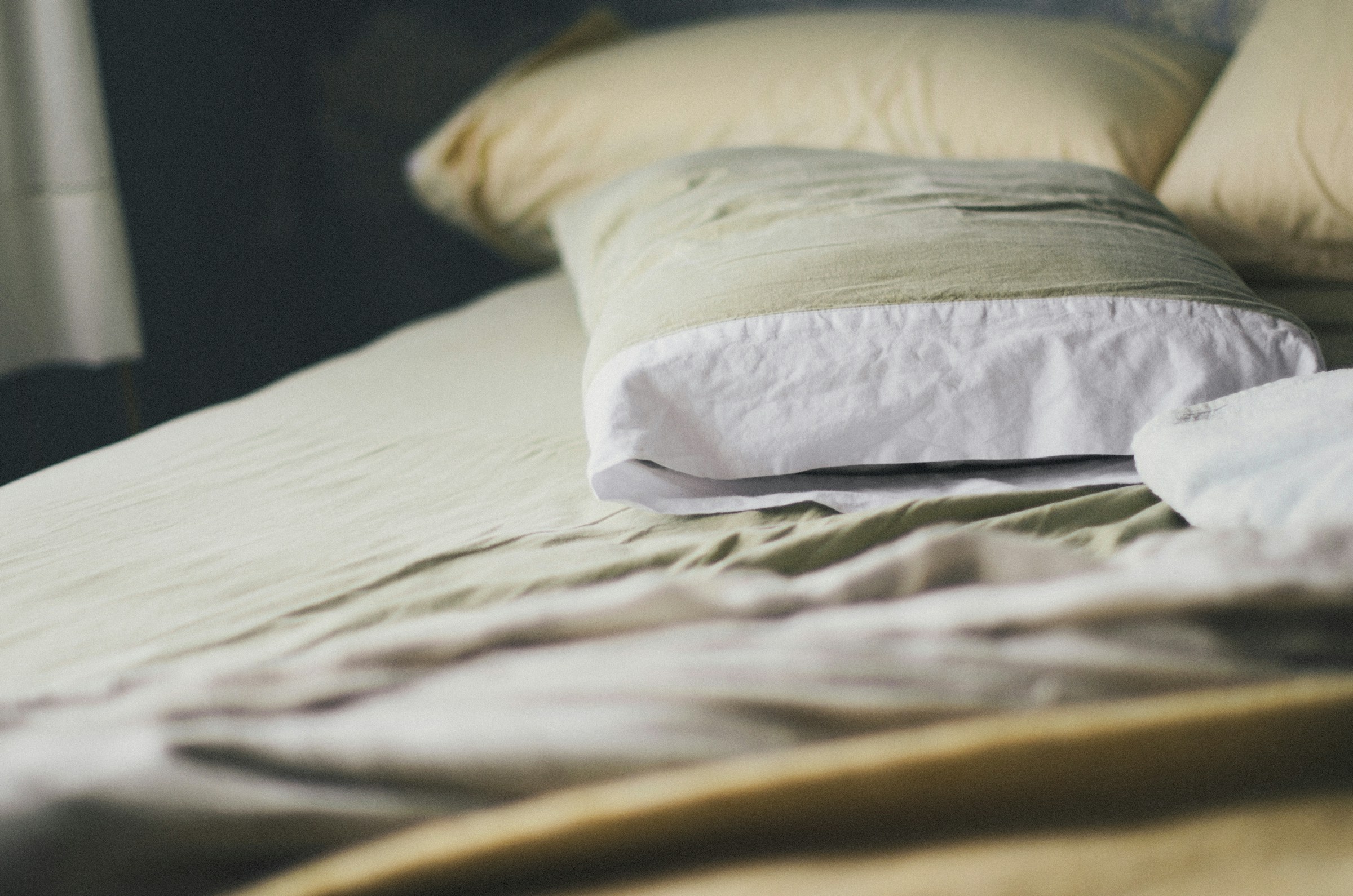Australia’s housing crisis is far from over, with new housing projects still years away from completion. With over 13 million spare bedrooms across the country, how can older homeowners be encouraged to help solve this problem?
Older Australians are the country’s largest group of homeowners, with more than 80% of those aged 65 and over owning their own homes. Research shows that three-quarters of these homes have three or more bedrooms, and 84% of them are underused.
A recent paper from the QUT Centre for Justice suggests that these spare rooms could help address the housing crisis, at least in the short term.
Asset-rich, cash-poor
While 80% of older Australians rely on the age pension, over 25% live in poverty. This is where Australia’s housing crisis meets the cost-of-living crisis, making it harder for people to stay in their homes as they age. Many older homeowners are “asset-rich and cash-poor”.
Older homeowners enjoy a veil of housing security that renters don’t have. The pension is a fixed income that increases with inflation, but many still face cost-of-living pressures. This includes energy poverty, poor health due to food insecurity, thermal discomfort, difficulty purchasing essentials, and social exclusion.
Fear of pension and tax loss
Why don’t older homeowners rent out spare bedrooms to ease their cost of living? Besides safety concerns, the complexity of Australia’s social security and taxation systems may be a key reason. Many pensioners worry that renting out rooms could reduce their pension or create a tax liability. Greater clarity here could unlock millions of unused bedrooms.
When is rent not income? Domestic arrangements
Issues around tax and pensions arise from whether rent counts as income for taxation and asset test purposes. The Australian Taxation Office (ATO) has a longstanding rule that income from “board and lodging” arrangements of a domestic (non-commercial) nature is not taxable. These “domestic arrangements” are situations where residents, including the owner, contribute proportionately to shared costs like food, electricity, and heating.
For example, homestay programs for students are domestic arrangements where “rent” is used to cover household expenses, so it isn’t taxable income. Because it isn’t counted as income, it also doesn’t affect the pension or trigger capital gains tax when the home is sold.
Non-domestic arrangements
If renting out a spare room doesn’t qualify as a domestic arrangement, then minor changes to the Work Bonus scheme could allow pensioners to rent out rooms without losing any pension. Currently, all pensioners can earn up to $504 per fortnight for singles or $600 per fortnight for couples through the Work Bonus without a pension reduction.
Applying this scheme to rental income from spare rooms is a practical step since renting out could be seen as a form of self-employment. Additionally, to protect the principal home from being counted in the pension assets test, a temporary “assets test holiday” for three to five years could be introduced while new housing is being built.
Fear of Capital Gains Tax
Aside from concerns about pension payments and income tax, many homeowners worry that renting out a spare bedroom could make their home subject to Capital Gains Tax (CGT) when sold. While this may apply in some cases, it’s largely an urban myth, especially when domestic arrangements, as previously discussed, are involved. According to the ATO:
- CGT only applies to properties bought after September 20, 1985.
- Any gain is taxed at a seller’s marginal rate in the year the property is sold.
- Only half of each gain is subject to tax.
- Gains can be offset by capital losses.
- Only the net gain, after allowable costs, is taxed.
Additionally, CGT only applies to the portion of the home rented out and for the time it was rented. For homes owned for many years, the taxable amount is often minimal. If CGT calculations and record-keeping are still a deterrent, a temporary “CGT holiday”, similar to the proposed asset test holiday, could encourage homeowners to rent out rooms during the current housing shortage.
Lack of regulatory framework for boarders/lodgers
Safety concerns, both personal and financial, remain a critical barrier for older homeowners. Unfortunately, there is little regulatory guidance for taking in a boarder. Most tenancy laws do not address boarders, leaving homeowners to rely on common law rather than clear regulations. Without well-defined rules and documentation, homeowners could be at risk of elder abuse or unfounded claims of cohabitation or tenancy rights if the arrangement ends poorly – serious concerns, especially for older homeowners.
Creating a structured, safe process for tenant matching and management could help mitigate these risks. Imagine homeowners being able to list a spare room for rent at their local real estate agent, specifying preferences and allowing the agency to present potential candidates for interviews. A boarder matching service could facilitate introductions and manage the boarding relationship, creating a new business opportunity for real estate agencies or nonprofit organisations, while providing safer options for homeowners.
What next?
- Clarify existing tax rules
The tax provisions for boarders and domestic arrangements are not widely understood. There’s a need for clear, accessible information to help homeowners understand these existing tax rules and reduce any associated stigma or fears.
- Adjust policy for the pension Work Bonus and CGT
A temporary adjustment to the pension Work Bonus and/or capital gains tax rules could help. Offering a three-to-five year “holiday” from asset tests or CGT for those renting our rooms would support homeowners financially as new housing supply is being built.
- Establish tenant matching and support services
Creating a framework for safe tenant matching and support could give older Australians the confidence to rent out spare rooms. By providing a structured approach, this would unlock much-needed rental stock.
This initiative leverages existing housing to create affordable rental options in the short term, reducing pressure on the rental market while new housing is developed. It would also ease cost-of-living pressures for homeowners and provide the physical and mental health benefits that come from shared living arrangements.





Recent Comments